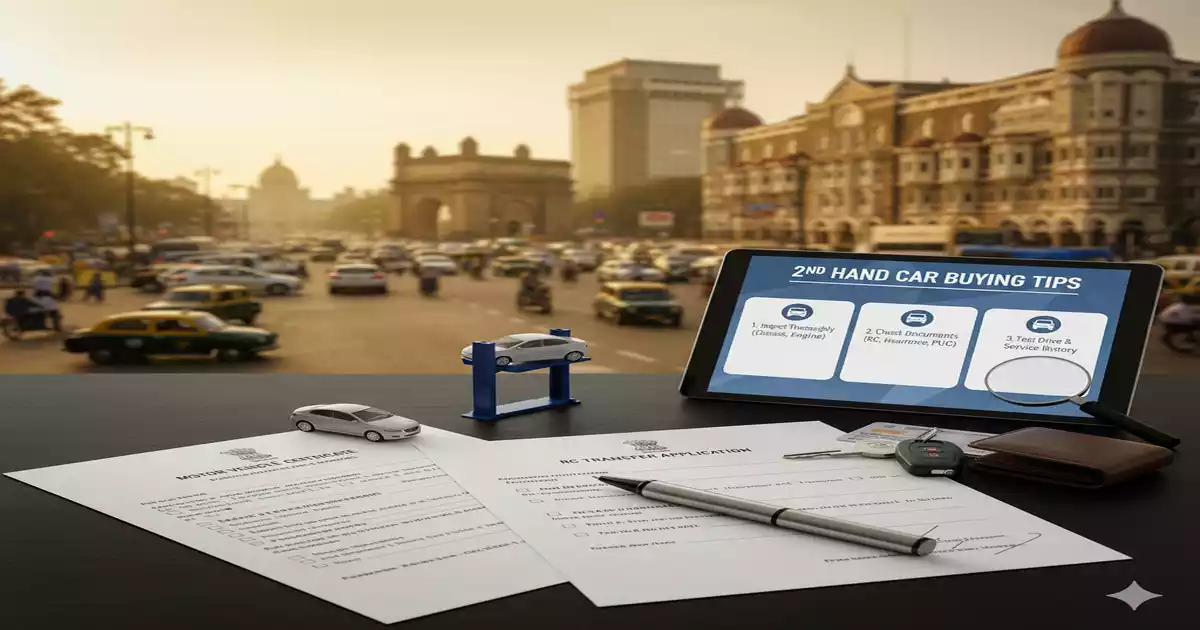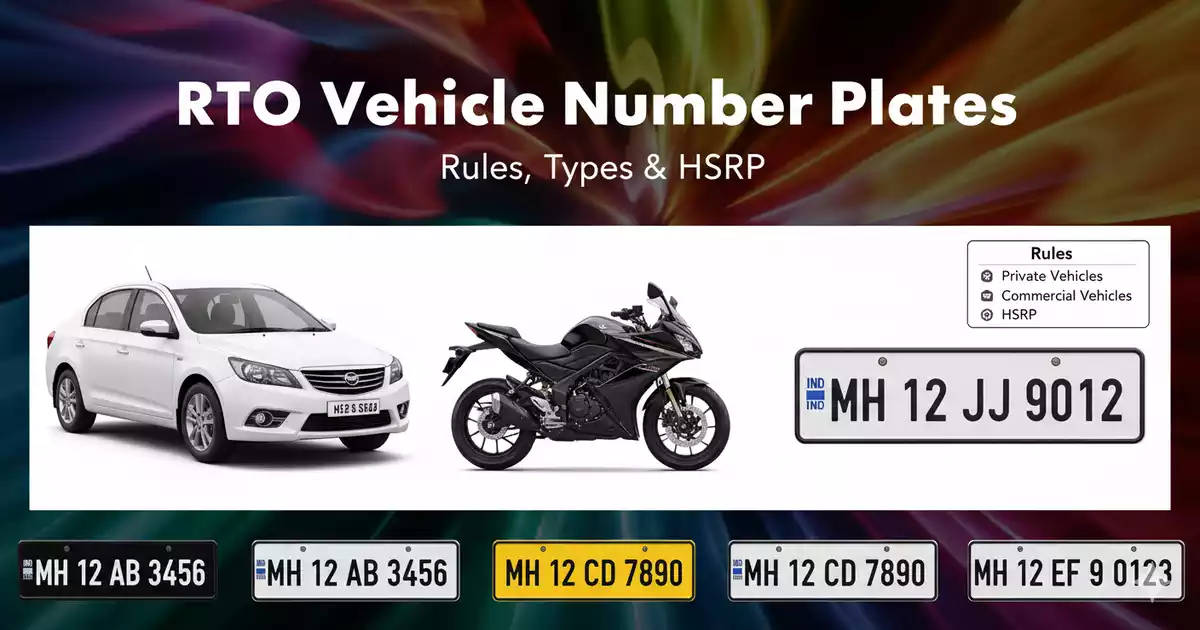Introduction
In India, owning a vehicle is not just about driving—it also comes with important responsibilities related to documentation and legal compliance. Without proper papers, you may face heavy fines, insurance issues, or even legal trouble in case of accidents. Whether you are driving your own car, selling it, or buying a second-hand vehicle, there are three crucial essential vehicle tasks in India every owner must focus on: Fitness Certificate, RC Transfer, and Second-Hand Car Buying Tips.
These steps ensure your vehicle remains roadworthy, legally registered, and safe to buy or sell. In this guide, we’ll break down each step in detail, so you know exactly what to do to keep your gaadi legal and safe.
1. Fitness Certificate – An Essential Vehicle Task in India
Fitness Certificate Meaning
A fitness certificate (FC) is an official document issued by the RTO to confirm that a vehicle is roadworthy and safe to drive. For private cars, it becomes mandatory after 15 years of registration and must be renewed every 5 years thereafter. For commercial vehicles, a fitness certificate is required from the start and must be renewed every 2 years (and yearly after 8 years).
Fitness Certificate Process
Documents Required: Original RC, valid insurance certificate, Pollution Under Control (PUC) certificate, applicable forms.
Procedure: Submit application at the RTO → Vehicle undergoes a fitness test (brakes, lights, emission levels) → Pay fees.
Validity & Fees: Private: 5 years, Commercial: 2 years, Fees vary by vehicle type and state.
Tips for Smooth Approval
- Get your car checked by a mechanic before visiting the RTO.
- Ensure PUC, insurance, and RC are updated.
- Don’t delay renewal to avoid fines or registration cancellation.
Image Suggestion: “Essential Vehicle Tasks in India – Fitness Certificate”
2. RC Transfer – Another Essential Vehicle Task in India
RC Transfer Meaning
The Registration Certificate (RC) proves ownership of a vehicle. When a car or bike is sold, its RC must be officially transferred to the buyer’s name. Without RC transfer, the seller remains legally responsible for accidents, fines, or other legal issues involving the vehicle.
RC Transfer Process
Forms Needed: Form 28 (No Objection Certificate), Form 29 (Notice of Transfer), Form 30 (Application for transfer).
Procedure: Submit required forms and documents (RC, insurance, PUC, address proof) → Pay transfer fee → Vehicle details verified → New RC issued in buyer’s name.
Timeline: Usually 15–30 days depending on RTO.
Important Tips
- Clear all pending challans and road tax before applying.
- Carry valid insurance in buyer’s or seller’s name.
- After transfer, carefully check the new RC for errors in name, vehicle number, or chassis details.
Image Suggestion: “Essential Vehicle Tasks in India – RC Transfer”
External Link: Parivahan RTO Portal – https://parivahan.gov.in
3. Second-Hand Car Buying – Essential Vehicle Task in India
Check Vehicle Documents
- RC – Ensure it’s genuine and matches chassis/engine numbers.
- Insurance – Verify validity.
- Pollution Certificate – Confirm emissions compliance.
- Loan Status – Ensure no pending EMIs or hypothecation.
Vehicle Condition
- Inspect engine, mileage, and service history.
- Check for accident repairs or flood damage.
- Take a test drive or hire a trusted mechanic.
Negotiation & Legal Safety
- Research market price for negotiation.
- Draft a proper sale agreement with signatures.
- Complete RC transfer immediately after payment.
Image Suggestion: “Essential Vehicle Tasks in India – Second-Hand Car Buying”
Internal Link Suggestion: Driving License Guide – /driving-license-eligibility-india
4. Common Mistakes to Avoid
- Skipping fitness certificate renewal, leading to fines or insurance rejection.
- Ignoring pending challans or loans during RC transfer.
- Buying second-hand vehicles without proper inspection.
Conclusion
Whether you are maintaining your own vehicle or buying/selling a used one, proper documentation is the key to smooth and legal ownership. Completing these essential vehicle tasks in India—Fitness Certificate, RC Transfer, and careful second-hand car buying—ensures legal safety, avoids financial loss, and keeps your vehicle roadworthy.
Pro Tip: Always follow these steps to keep your gaadi safe, legal, and stress-free.


